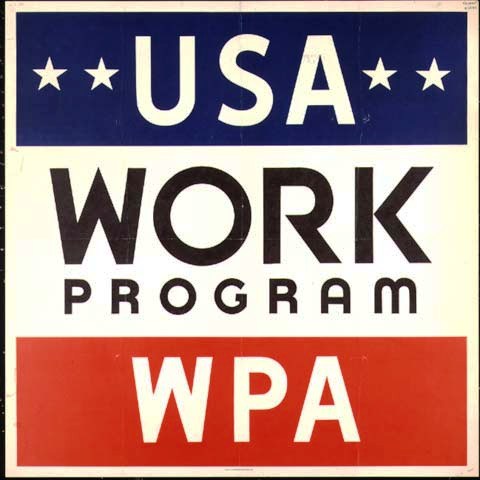Blog #169 – FDR’s 2nd Bill of Rights
As part of his State of the Union address on January 11, 1944, President Roosevelt presented the nation with a 2nd Bill of Rights – economic rights that the government would have to guarantee for all Americans once the laws were passed. Take a look at the following video:
He listed 8 things that would bring economic security to our nation and hopefully, by extension, to the rest of the world. At the point that he gave this address in history, America was NOT planning on a Cold War with the Soviet Union or stockpiling tens of thousands of nuclear missiles or spending billions on a military budget every year. That would come later. None of the 46 years of futility vs. the Soviet Union (1945-1991) was set in stone, nor the explosion and entrenchment of the military-industrial complex in our national economy like it is today (in 2023, the federal government spent over $800 billion for the Defense Department – https://www.cbo.gov/publication/59727).
However, America was coming out of the war w/ its biggest national debt in its history (having borrowed $200 billion from the American people in war bonds – $170 billion held by U.S. taxpayers – and from American banks + $100 billion in income taxes). Congressmen were wary of spending additional huge amounts of money on peace time programs, especially for FDR, because his New Deal programs had had such a mixed track record of success and failure.
The reason I bring this issue up is b/c I think that the country has spent the next 80 years (and may continue) to try to achieve or reverse his goals. Some administrations have added small pieces to FDR’s 2nd Bill of Rights, while other administrations have tried to rollback or even repeal other aspects of it.
Your questions to answer:
1. Out of the 8 new rights listed above, which of them do you believe have been addressed in some way or another since 1944? Try to pick at least 2 and explain our country has tried to address them or parts of these rights (if you choose #6 – adequate medical care – please try to do some research and not repeat misinformation that you might have heard, i.e., it’s going to save billions, death panels (an initial criticism of Obamacare when it was proposed), it forces everyone to buy insurance, etc.)
2. Which of these 8 rights should be the one that is immediately addressed or fixed by our Congress and President? Why?
3. Which one of these seems the least likely to be enforceable / possible to make an economic right (please don’t pick the farming right – it doesn’t affect too many people)? Why?
350 words minimum total for all three answers. Due Thursday, April 25th by class.
Further reading:
To read a book review entitled: “FDR’s 2nd Bill of Rights: A New New Deal” click here.
A response to this book from Forbes magazine who say that only one Bill of Rights is quite enough. click here.
Here’s an analysis of how the 2nd Bill is going so far: Click here.
An article about how the 2nd BoR violates the Constitution, click here.



 Many of FDR’s strongest and most vocal critics have lately been champions of the free market or deregulation, laissez-faire business policies, cut taxes on the rich, and reducing or destroying the “American welfare state.” They accuse FDR’s New Dealers as having Socialist ties or taking their inspiration from Soviet Russia (he had 2), and also opposed President Johnson’s expansion of the New Deal in his Great Society programs like Medicare, food stamps, the creation of PBS and NPR, Head Start education programs, and other government programs created in the 1960s.
Many of FDR’s strongest and most vocal critics have lately been champions of the free market or deregulation, laissez-faire business policies, cut taxes on the rich, and reducing or destroying the “American welfare state.” They accuse FDR’s New Dealers as having Socialist ties or taking their inspiration from Soviet Russia (he had 2), and also opposed President Johnson’s expansion of the New Deal in his Great Society programs like Medicare, food stamps, the creation of PBS and NPR, Head Start education programs, and other government programs created in the 1960s. 